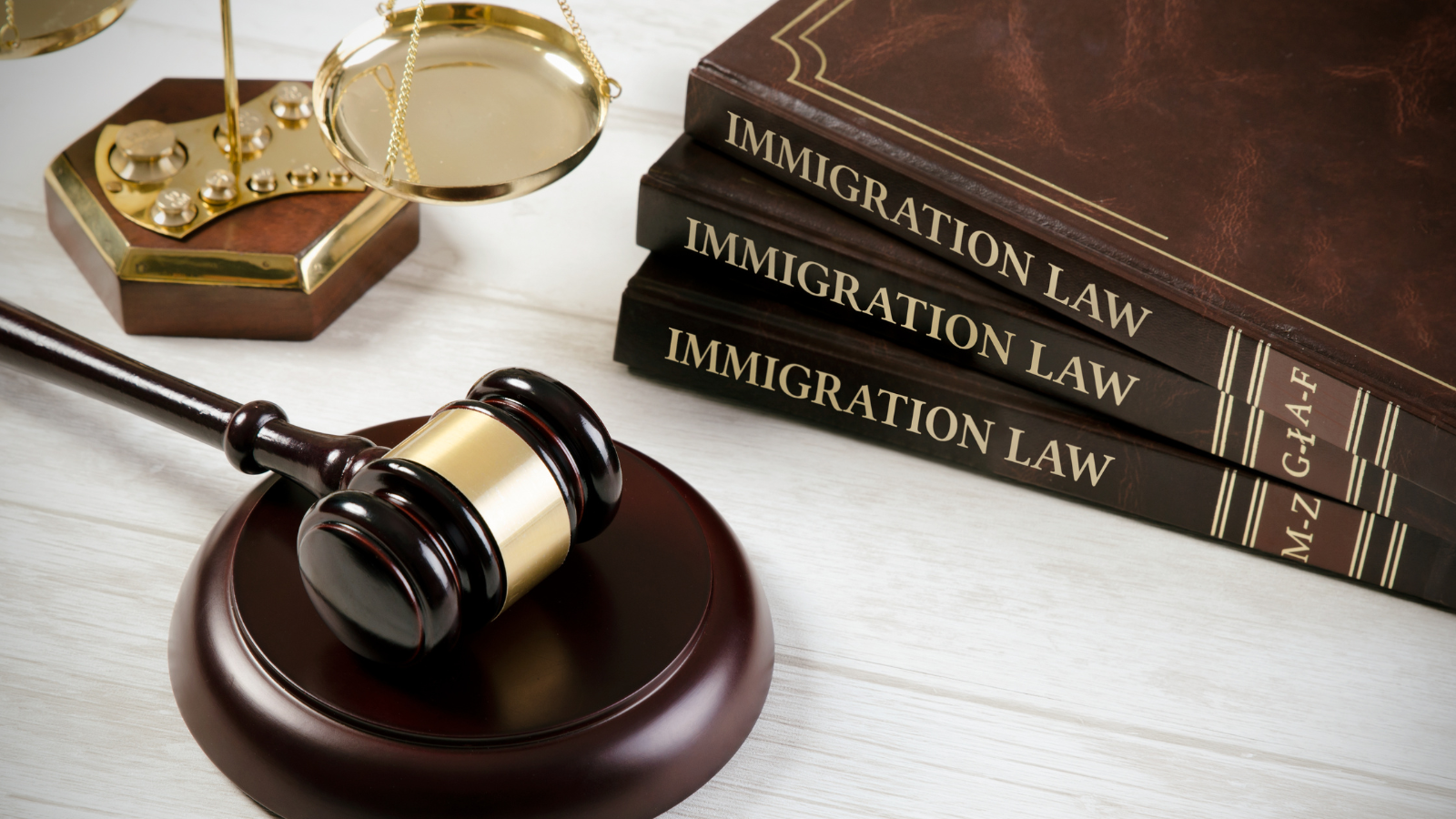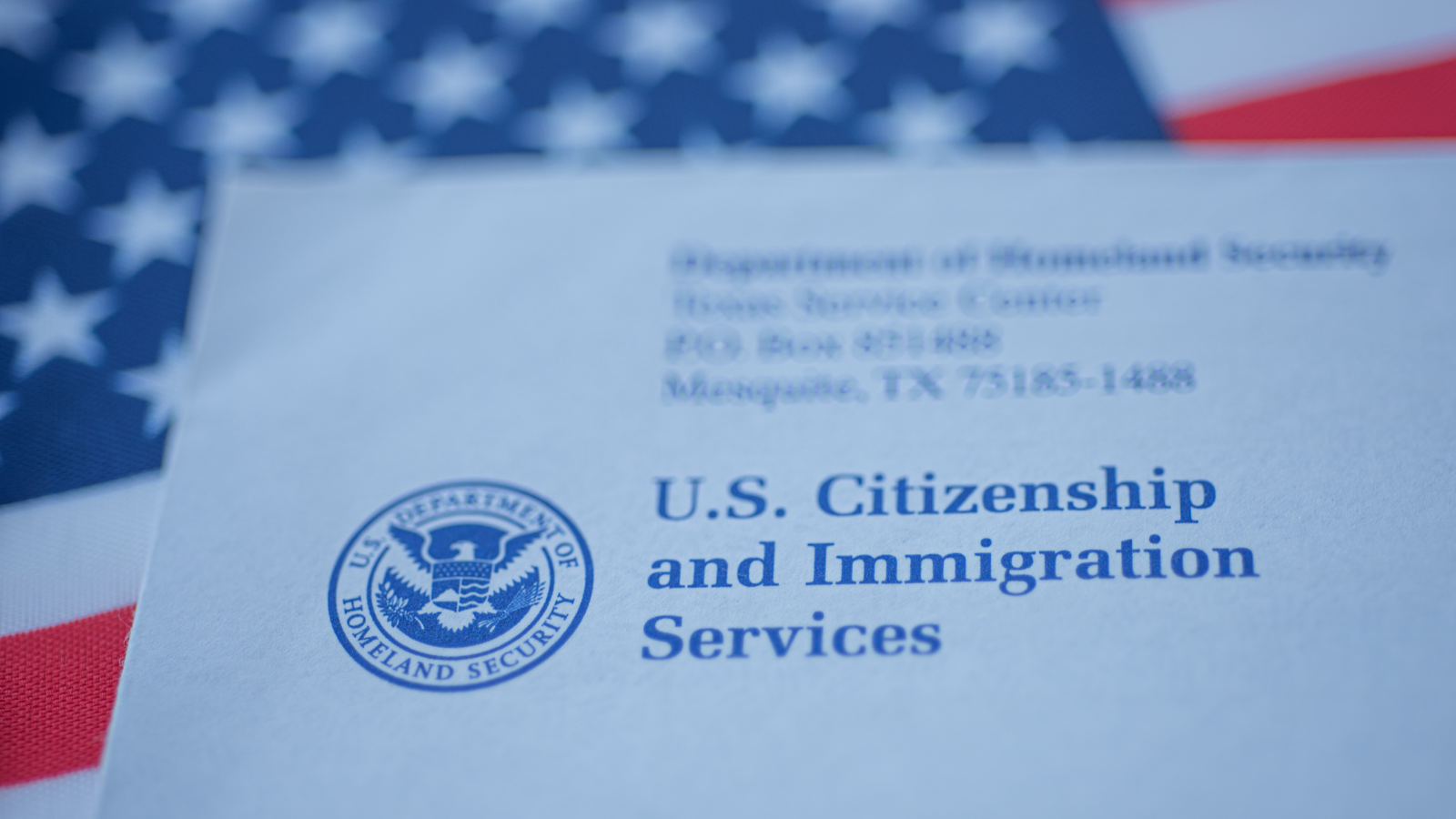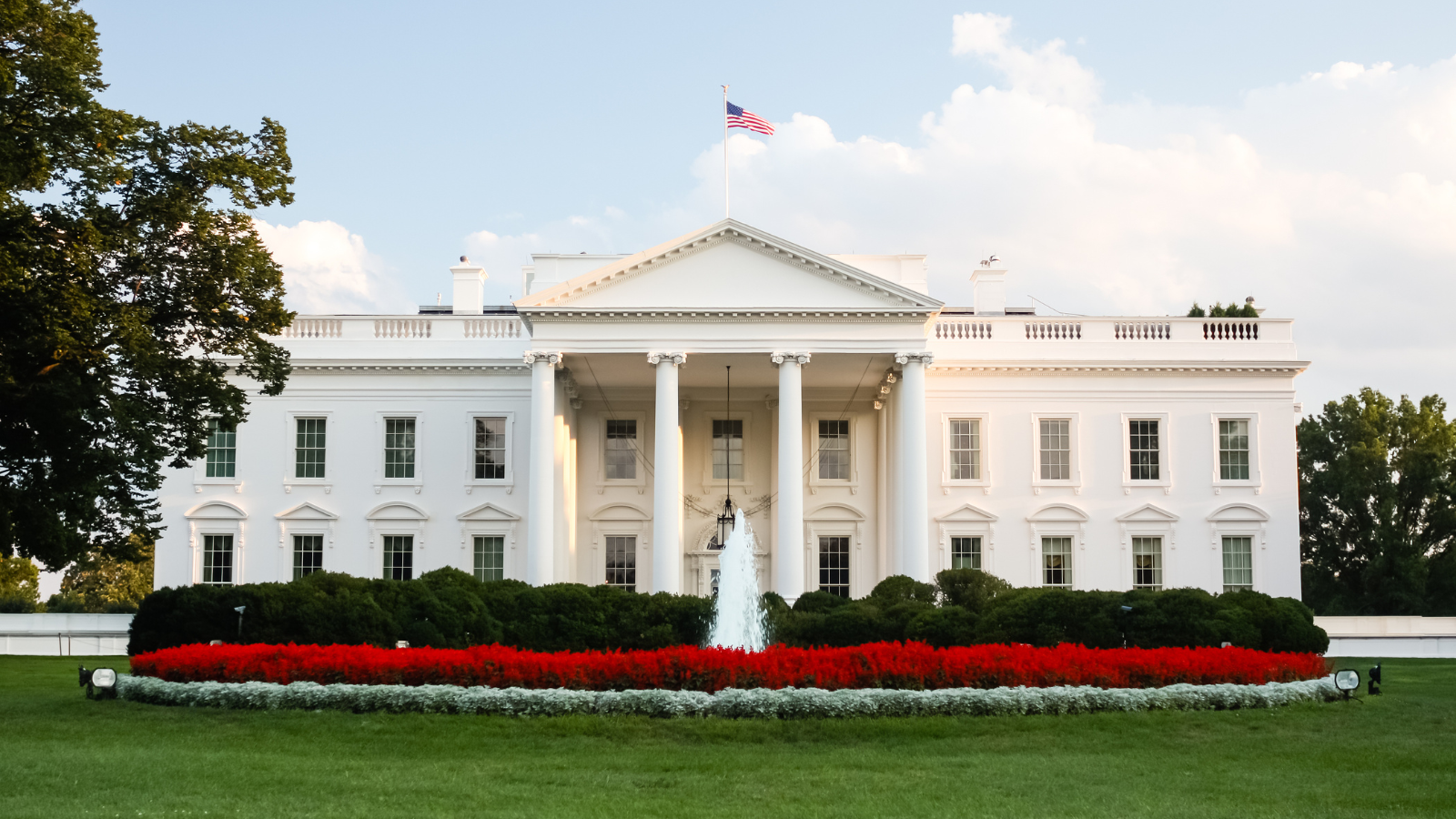
**UPDATE: On October 11, 2019, federal judges in New York and California ordered a nationwide block, which prevented the rule from going into effect. On January 27, 2020, the U.S. Supreme Court decided that this rule can go into effect. USCIS announced that they will begin implementing this rule starting February 24, 2020.
A major change is happening starting on October 14, 2019, for those applying or adjustment of status (green card), change of status, and extension of status. Applicants will have to prove that they are self-sufficient and will not become a public charge. In other words, people who are applying for a green card, change of status, or extension of status must prove that they have the financial resources, such as cash, assets, and/or family members they can rely on for their financial needs, and they will not rely on the U.S. government for financial assistance such as, getting on food stamps and/or Medicaid to name a few. Under this new rule, a “public charge is an alien who receives one or more designated public benefits for more than 12 months, in the aggregate, within any 36-month period (such that, for instance, receipt of two benefits in one month counts as two months).”
To give you just a little bit of history about this “self-sufficiency concept, since 1882, the law has been that immigrants must prove that they can support themselves or rely on family members to financially support them so that they will not become a public charge. Then, came the I-864 form, which is a form that must be filled out by everyone who is sponsoring a family member to become a green card holder. This form is a contract between the petitioning family member with the U.S. government promising that they will be financially supporting the immigrating family member and that family member will not go on public benefits. The petitioner must show he/she makes at least 125% of the federal poverty guidelines per year based on his/her household size. If the family member does get on public benefits, the petitioner would have to reimburse the government. In situations where the petitioner doesn’t make enough money, he/she can get a joint financial sponsor. For decades, this form has been enough to overcome the public charge issue, but this is no longer going to be the case. Not only do petitioners still have to show that he/she makes over the 125% of the federal poverty guidelines, applicants themselves will now have to prove to the government that they will not become a public charge.
So, what does this mean? A new fifteen-page form, in addition to the required forms, is going to be mandatory for applicants to fill out to show they will not become a public charge. If a person has used public benefits in the past, and even if they never have but the immigration officer determines they will, that could result in a public charge finding making the person ineligible for the green card. Officers will begin using a “Totality of the Circumstances” test. The factors that will be looked at are:
None of these factors alone will make a person a public charge, but they will all be looked at.
Here is a list of some of the negative and positive factors:
Negative Factors:
Postive Factors:
Here is a list of what IS considered a public benefit for purposes of a person being found to be a public charge:
Here is a list of what IS NOT considered a public benefit for purposes of being found to be a public charge:
Part of the requirements of this new form could include the applicants having to send in 12 months of bank statements, proof of private health insurance, prior applications for public benefits, proof of non-cash assets, and a credit report. There may be instances where if a public charge finding is made, the immigration officer may allow for a person to pay a $10,000 bond to overcome the finding.
Certain individuals will not be subject to this new rule. They include those applying for humanitarian-based immigration programs such as refugees, asylees, and certain trafficking victims (T nonimmigrants), victims of qualifying criminal activity (U nonimmigrants), victims of domestic violence (VAWA self-petitioners), Special Immigrant Juveniles (SIJs), or certain children. Also, those who have received the designated public benefits who at the time he/she was receiving the benefit, or at the time of the application, was a member of the U.S. armed forces, serving in active duty or in any of the Ready Reserve components. Also, receipt of public benefits by spouses of children of these applicants will be exempt.
Overall, this rule gives officers a lot of discretion to determine if a person is or will likely become a public charge. Even if a person has never received a public benefit before, this finding could still be made. This is a major change and will affect just about anyone applying for a green card.
You can find the press release from USCIS here.








